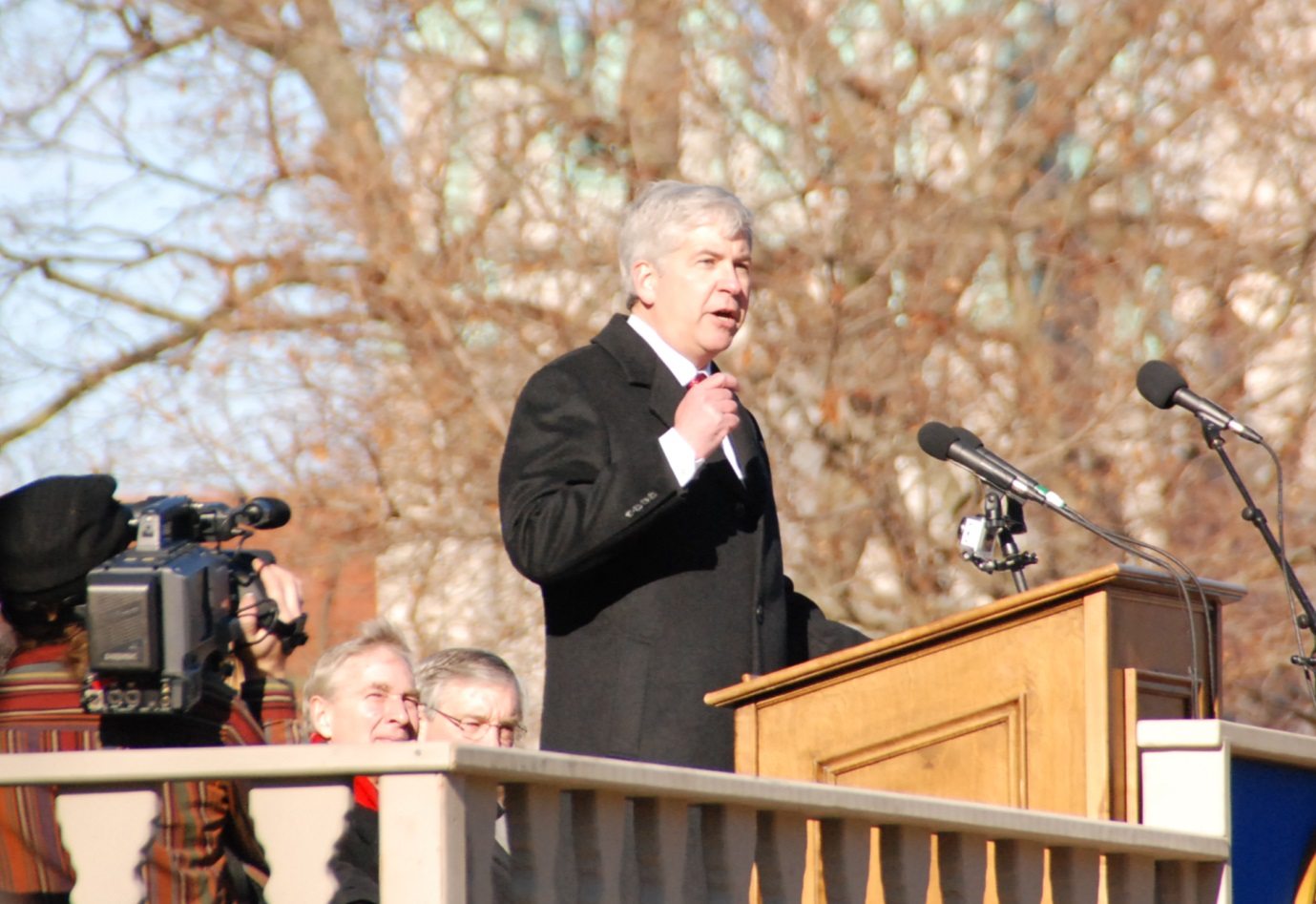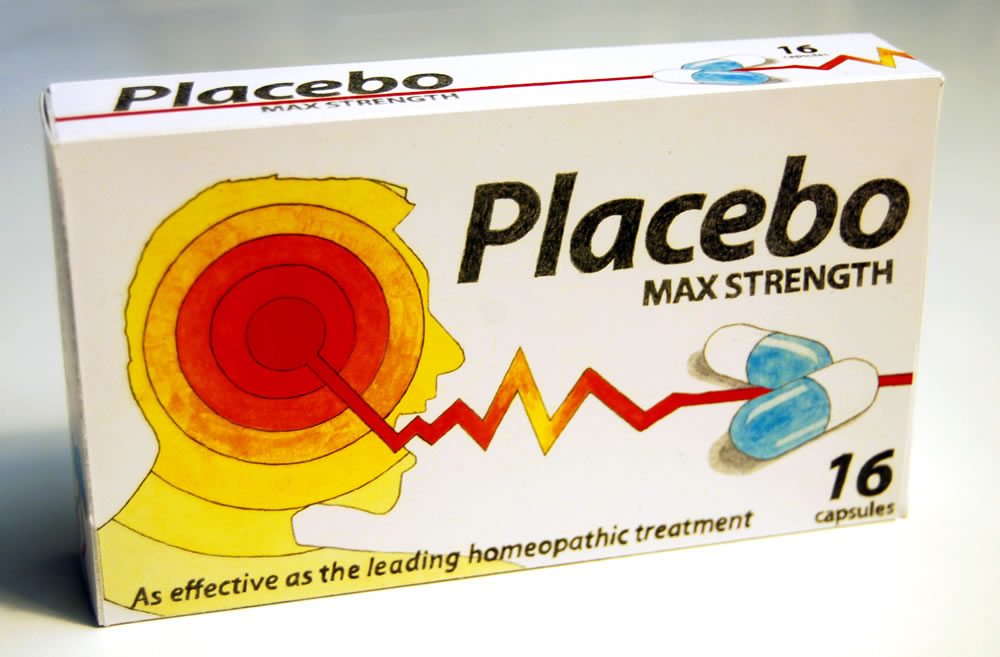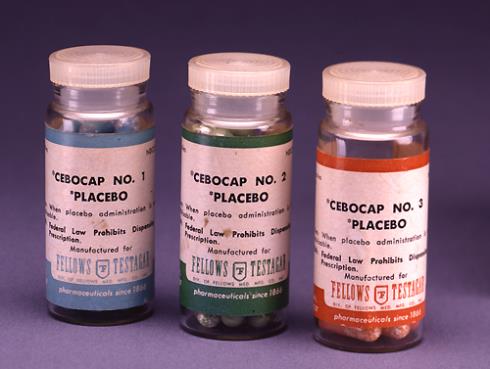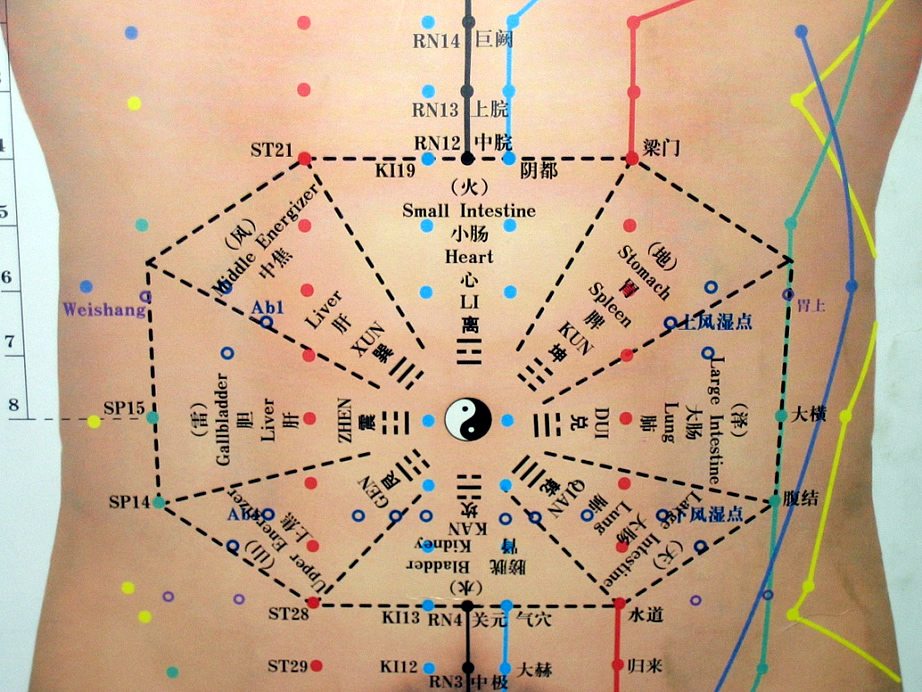Tag: placebo

Using the fear of Ebola to promote the placebo legislation that is “right to try”
Libertarians and free market fundamentalists generally detest the FDA and want to dramatically decrease its power in the belief that the free market can guarantee the safety of drugs better than a government agency that requires strong scientific evidence of efficacy and safety before approval. Not surprisingly, they're at it again, this time in the service of promoting "right-to-try" laws and using...
Chiropractic: A Summary of Concerns
Although obscured by controversy, there is evidence to indicate that spinal manipulation can be as effective as conventional treatment methods in relieving low-back pain.1,2,3,4 This grain of truth mixed with chiropractic vertebral subluxation theory that encompasses a broad scope of ailments makes it difficult for the average person to distinguish between appropriate and inappropriate use of manipulation by chiropractors. A person who...
Cancer Treatment Centers of America: Revisiting the epitome of “integrative” cancer care
Three weeks ago, I mentioned in a post that the week of October 7 to 14 was declared by our very own United States Senate to be Naturopathic Medicine Week, which I declared unilaterally through my power as managing editor of Science-Based Medicine (for what that’s worth) to be Quackery Week. One wonders where the Senate found the time to consider and...

The Placebo Narrative
Science journalist Sharon Begley wrote a recent piece in The Saturday Evening Post about Placebo Power. The piece, while generally better than the typical popular writing on placebos, still falls into the standard placebo narrative that is ubiquitous in the mainstream media. The article is virtually identical to a dozen other articles I have read on placebo effects in the popular press,...

The Placebo Gene?
A study recently published in PLOS one (Catechol-O-Methyltransferase val158met Polymorphism Predicts Placebo Effect in Irritable Bowel Syndrome) purports to have found a gene variant that correlates strongly with a placebo response in irritable bowel syndrome (IBS). The study is small and preliminary, but the results are interesting and do raise important questions about placebo responses. Researchers are increasingly trying to tease apart...
NCCAM on “integrative medicine”: What’s in a word?
I don’t know how I’ve missed this, given that it’s been in existence now for a month and a half, but I have. Regular readers (and even fairly recent readers, given that I write about this topic relatively frequently) know that I’m not a big fan of the National Center for Complementary and Alternative Medicine (NCCAM). (Come to think of it, neither...

Followup: Benedetti on Placebo Ethics
A few months ago I wrote about Fabrizio Benedetti’s research on the neurobiology of the placebo response, and a discussion about placebos and ethics ensued in the comments. Now Dr. Benedetti has written about that issue in a “Perspective” article in the journal World Psychiatry, “The placebo response: science versus ethics and the vulnerability of the patient.” We have learned that verbal...

Dummy Medicine, Dummy Doctors, and a Dummy Degree, Part 2.3: Harvard Medical School and the Curious Case of Ted Kaptchuk, OMD (concluded)
A Loose End In the last post I wondered if Ted Kaptchuk, when he wrote the article titled “Effect of interpretive bias on clinical research,” had understood this implication of Bayes’s Theorem: that interpretations of most scientific investigations are exercises in inverse probability, and thus cannot logically be done without consideration of knowledge external to the investigation in question. I argued that...


